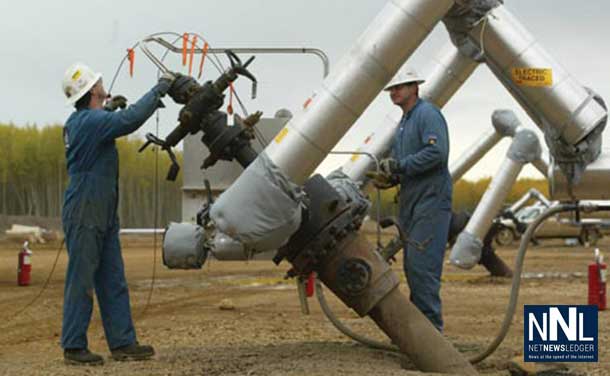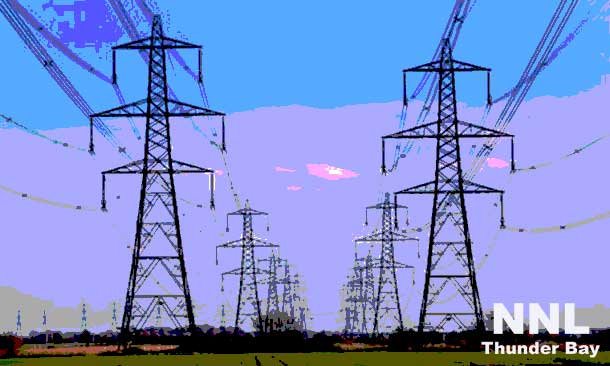
Fracking Controvery Gains Research Support
Chevy Chase, MD — A controversial oil and natural gas drilling technique called hydraulic fracturing, or fracking, uses many chemicals that can disrupt the body’s hormones, according to new research accepted for publication in The Endocrine Society’s journal Endocrinology.
Canada is the third-largest natural gas producer in the world, with about 80 per cent of the country’s gas being produced in Alberta. In 2010, Alberta produced 4.1 trillion cubic feet of marketable natural gas, including production of approximately 3.8 trillion cubic feet from conventional sources and 0.3 trillion cubic feet from coal bed methane (CBM).

Aboriginal groups have been protesting in New Brunswick against fracking. The protest erupted in violence and the courts have issued injunctions against the protesters.
Fracking Chemicals Linked to Cancer
Endocrine-disrupting chemicals, or EDCs, are substances that can interfere with the normal functioning of the endocrine system. EDCs can be found in manufactured products as well as certain foods, air, water and soil. Research has linked EDC exposure to infertility, cancer and birth defects.
“More than 700 chemicals are used in the fracking process, and many of them disturb hormone function,” said one of the study’s authors, Susan C. Nagel, PhD, of the University of Missouri School of Medicine. “With fracking on the rise, populations may face greater health risks from increased endocrine-disrupting chemical exposure.”
The study examined 12 suspected or known endocrine-disrupting chemicals used in natural gas operations and measured their ability to mimic or block the effect of the body’s male and female reproductive hormones. To gauge endocrine-disrupting activity from natural gas operations, researchers took surface and ground water samples from sites with drilling spills or accidents in a drilling-dense area of Garfield County, CO – an area with more than 10,000 active natural gas wells – and from drilling-sparse control sites without spills in Garfield County as well as Boone County, MO.
The water samples from drilling sites had higher levels of EDC activity that could interfere with the body’s response to androgens, a class of hormones that includes testosterone, as well as the reproductive hormone estrogen. Drilling site water samples had moderate to high levels of EDC activity, and samples from the Colorado River – the drainage basin for the natural gas drilling sites – had moderate levels. In comparison, little activity was measured in the water samples from the sites with little drilling.
“Fracking is exempt from federal regulations to protect water quality, but spills associated with natural gas drilling can contaminate surface, ground and drinking water,” Nagel said. “We found more endocrine-disrupting activity in the water close to drilling locations that had experienced spills than at control sites. This could raise the risk of reproductive, metabolic, neurological and other diseases, especially in children who are exposed to EDCs.”






